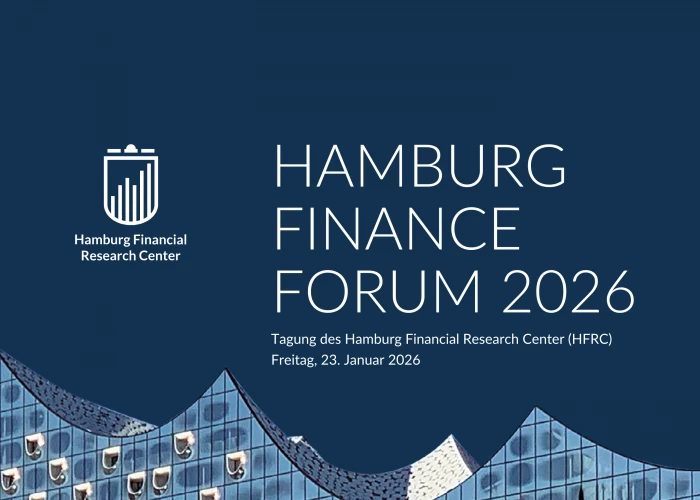Dieser kompakte und interaktive Kurs richtet sich an Doktorandinnen und Doktoranden sowie Postdocs, die ihre Kompetenzen in der wissenschaftlichen Kommunikation – also im Schreiben, Pitchen und Präsentieren wissenschaftlicher Ideen und Ergebnisse – weiterentwickeln möchten. In einer Zeit, in der es zunehmend herausfordernder wird, die nötige Aufmerksamkeit für die eigene Forschung zu generieren, und es immensen Wettbewerb um Konferenz- und Journalbeiträge gibt, werden die Teilnehmer des Kurses befähigt, ihre Forschung prägnant und zielgerichtet zu vermitteln, sowohl verbal als auch visuell.
Der Kurs befasst sich mit zentralen Themen wie der grundsätzlichen Entwicklung und Positionierung von Forschungsideen, dem Verfassen überzeugender Abstracts und Einleitungstexte, der bestmöglichen Erstellung von Abbildungen und Tabellen sowie der strukturierten Präsentation von Forschungsergebnissen in kurzer Zeit. Darüber hinaus erhalten die Teilnehmer eine Einführung in den Umgang mit Herausforderungen im wissenschaftlichen Arbeiten und den Veröffentlichungsprozessen referierter internationaler Fachzeitschriften.
Ziel des Kurses ist es, den Teilnehmern die notwendigen Fähigkeiten zu vermitteln, um ihre Forschungsergebnisse in der wissenschaftlichen Community effektiv kommunizieren und letztendlich erfolgreich publizieren zu können.
Der Kurs ist für Interessierte aller Fachbereiche der Wirtschaftswissenschaften geöffnet, eignet sich jedoch insbesondere für Interessierte der Fachgebiete Accounting/Taxes, Finance, Corporate Governance, Management und Nachhaltigkeit/ESG. Weitere Details zum zeitlichen Ablauf des Kurses und den behandelten Inhalten finden sich in dem bereitgestellten Syllabus (siehe Download unten). Die Kurssprache für schriftlichen Arbeiten und Präsentationen ist Englisch.
